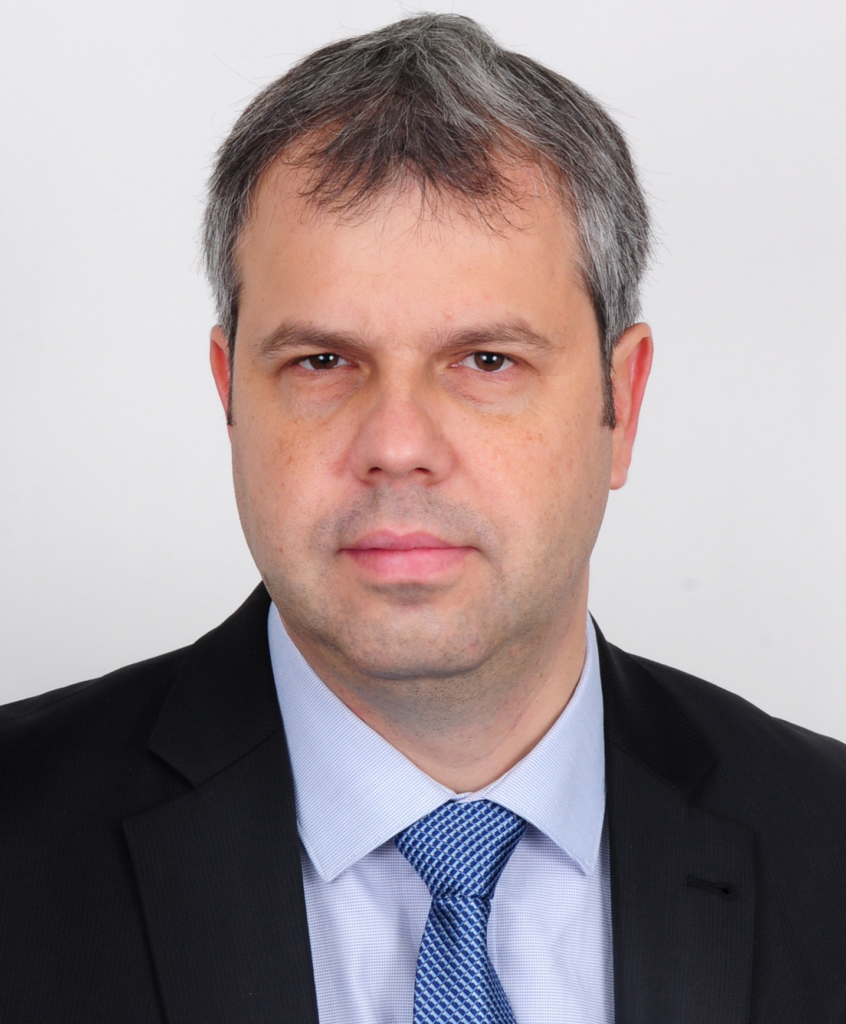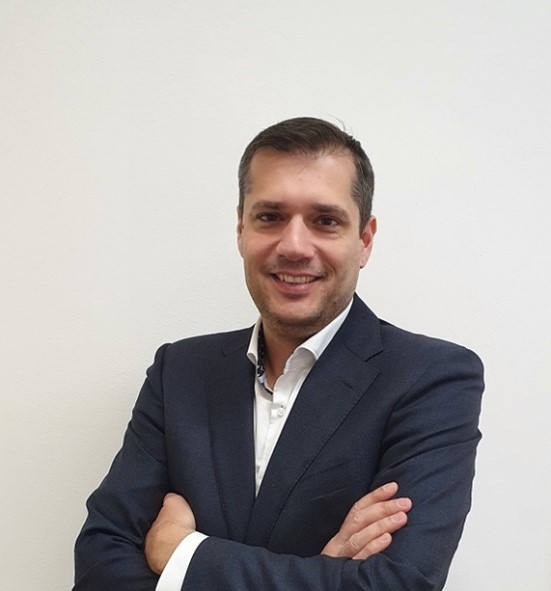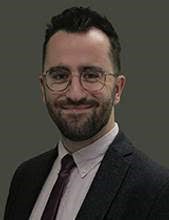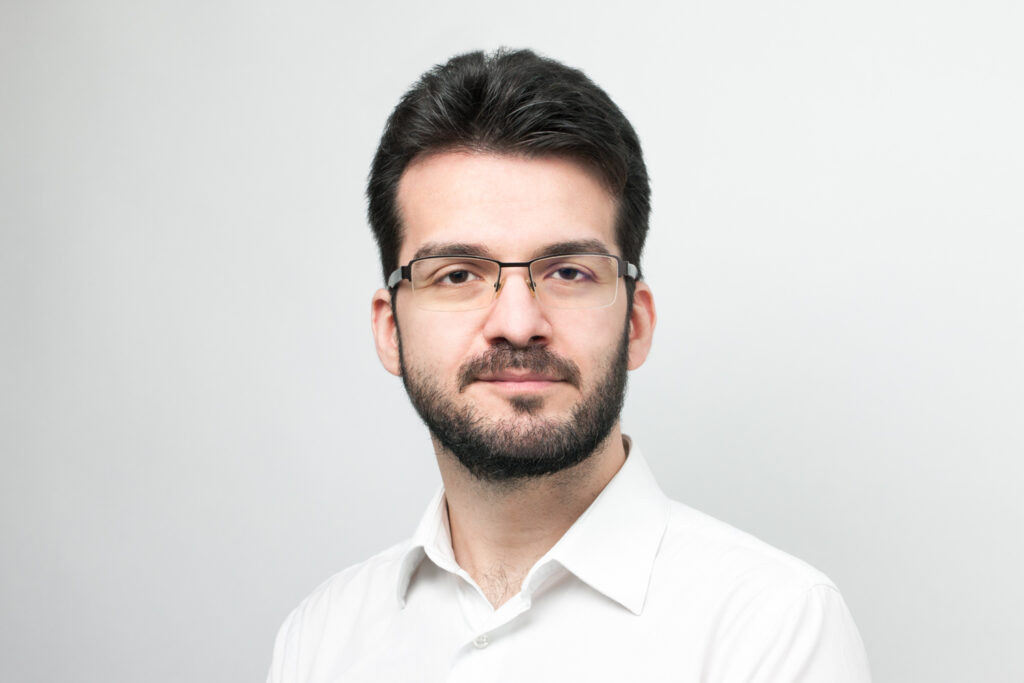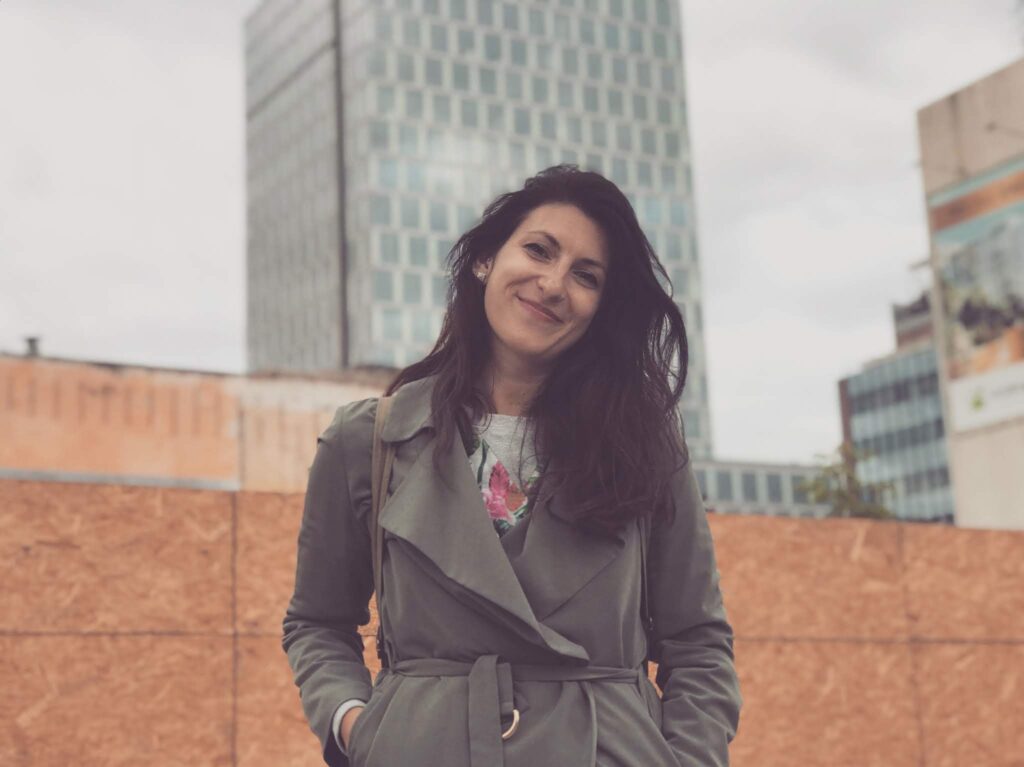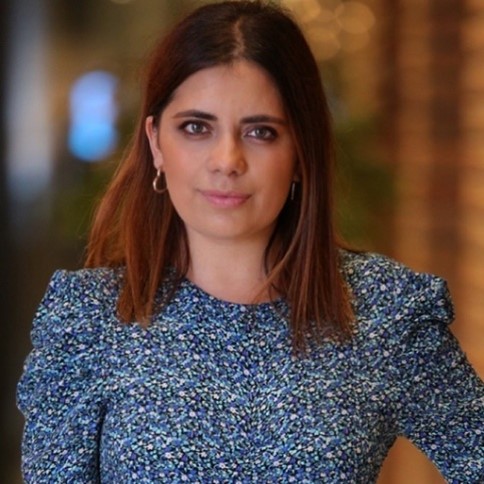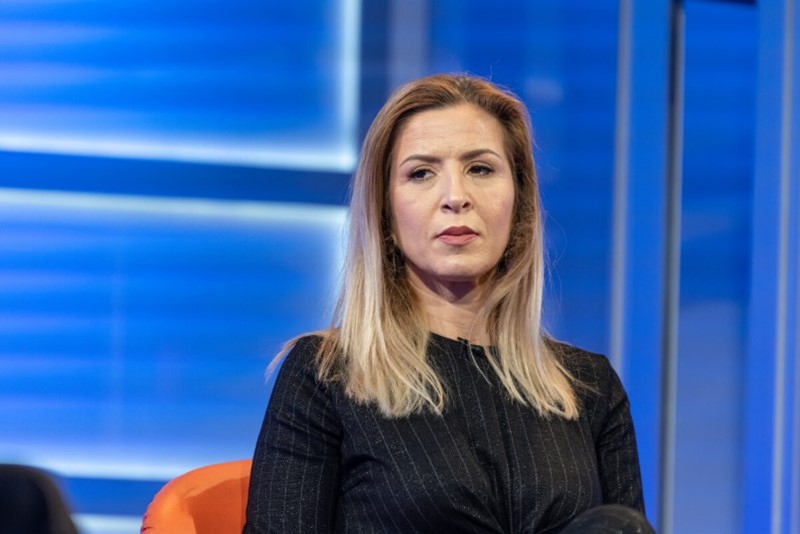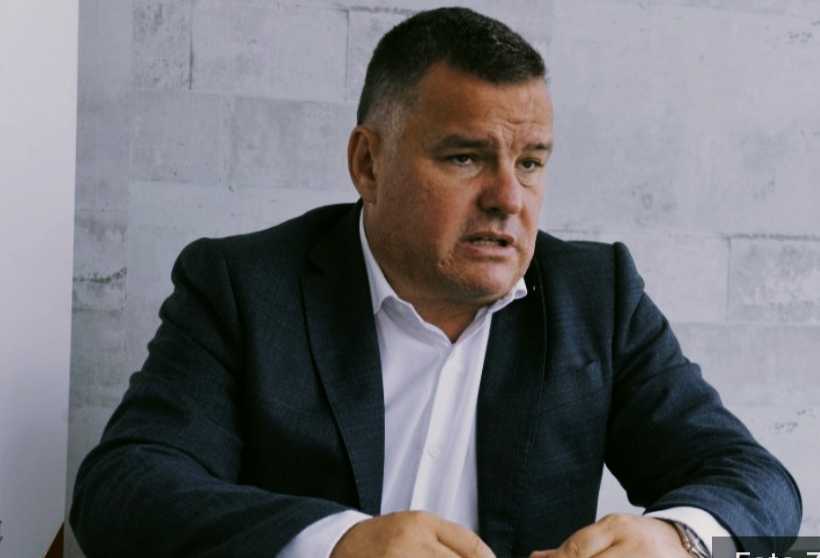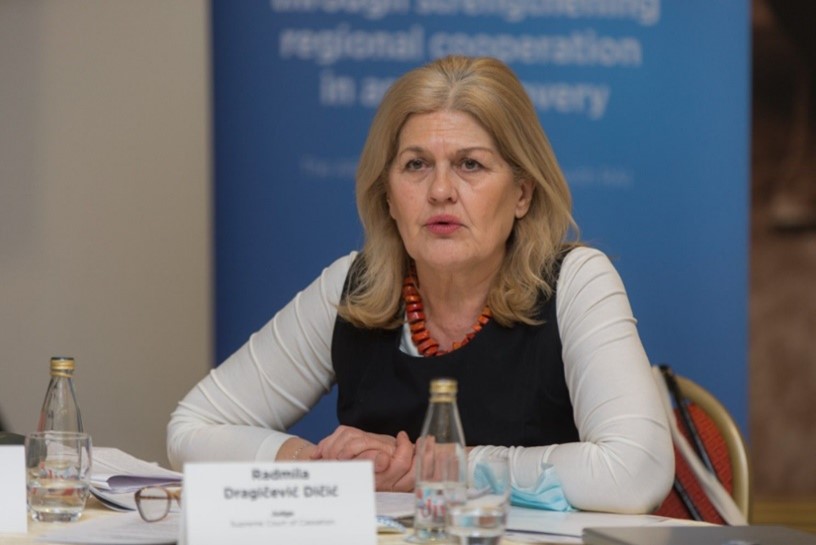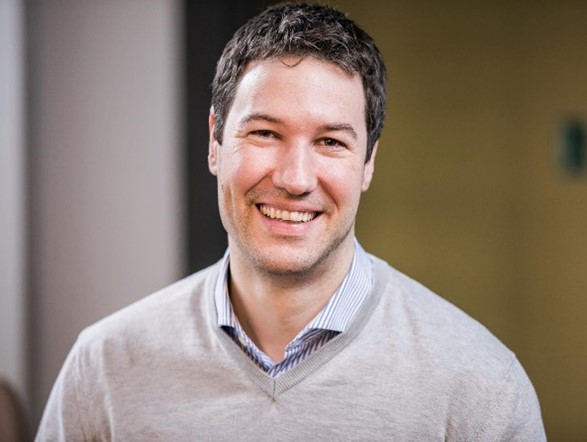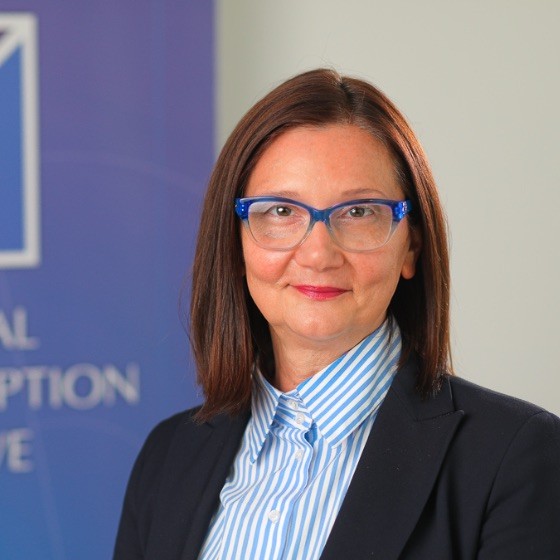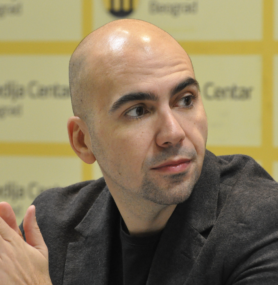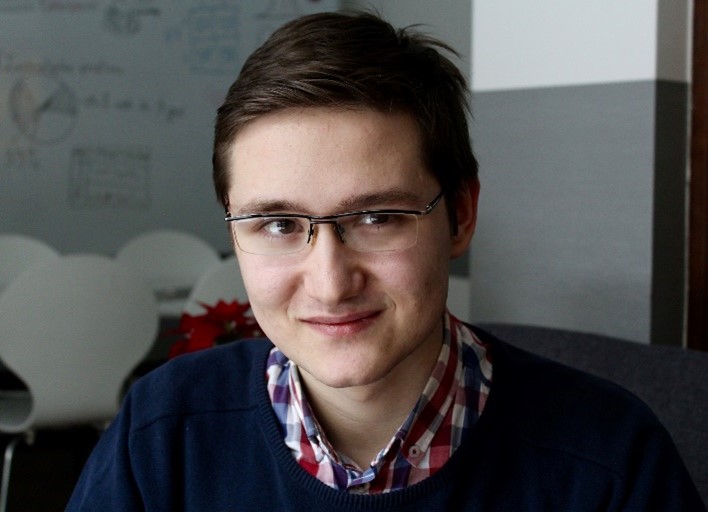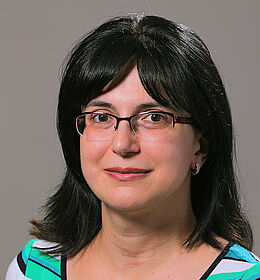Headquarters: Svetog Nauma 7, 11000
Office address: Đorđa Vajferta 13, 11000
Phone:: +381 11 4529 323
30 May 2023, Belgrade, Serbia
Welcome coffee & registration
Opening remarks
Panel 1: Investigating and tackling illicit financial flows and undue foreign influence. Use of anti-money laundering and investment screening mechanisms
An additional hurdle presents the “proficiency” of accountants, attorneys, real estate agents, corporate service providers, and investment advisers who facilitate illicit transactions and hide the ill-gained wealth. In order to promote the use of international best standards, the panellists will make an overview of the latest financial investigation techniques, anti-money laundering practices (including the 6th EU Anti-Money Laundering Directive), and mechanisms for investment screening (based on Regulation (EU) 2019/452). The session will further discuss the possible social reuse of confiscated assets generated through crime.
- Speakers
- ‣ Dr. Vanya Petrova, Senior Analyst, Economic Program, Center for the Study of Democracy, Bulgaria
- ‣ Dragan Marinković, Assistant Director, Administration for the Prevention of Money Laundering, Ministry of Finance, Serbia
- ‣ Ana Toskić Cvetinović, Executive Director, Partners Serbia, Serbia
- ‣ Stephen Reimer, Senior Research Fellow, Centre for Financial Crime & Security Studies, RUSI, UK
- ‣ Dr. Ivica Simonovski, AML/CFT Consultant, Lecturer - Combating Corruption, DIILS New Port, USA
Lunch Break
Panel 2: Protecting media pluralism and challenging disinformation
The European democracy action plan warns that the fast expansion of online platforms has created new vulnerabilities, made it more challenging to secure a free and plural media, and exposed the political process to disinformation. Moreover, digitalisation enabled new ways for online harassment and hate speech towards journalists, in parallel to the abusive use of strategic lawsuits against public participation (SLAPPs). The panellists in the session will share good practices on the role of the investigative media and underline that efforts to counter disinformation should extend beyond information operations and strategic communication. Future policies and actions should focus on exposing state and media capture across the region.
Panel 3: Key steps towards efficient sanctioning of corruption and illicit finance
The session will explore the good practices, as well as the governance gaps that prevent the efficient sanctioning of nationals and foreigners for corruption, illicit enrichment, non-disclosure of assets, illegal lobbying, and money laundering. The panellists will discuss if the same challenges also prevent the efficient enforcement of the sanctions against Russia. They will identify the sanctions’ evasion schemes, and underline the reforms needed to counter them.
- Speakers
- ‣ Bojana Savović, Public Prosecutor at Higher Prosecutor's Office in Belgrade, Serbia
- ‣ Nenad Vuković, President of the Serbian Association of Lobbyists, Serbia
- ‣ Radmila Dragičević-Dičič, Former Judge of the Supreme Court, Serbia
- ‣ Bart Sheffers, Expert on anti-corruption and public sector integrity, Austria, and member of the R2G4P International Advisory Board
Coffee Break
Panel 4: Preparing for a post-war world: rebuilding political and economic alliances
In conclusion, the participants will share their insights and predictions on how geopolitical alliances, economic ties, and supply chains will evolve after the war in Ukraine. The reconstruction of affected countries will demand significant foreign investments and aid, highlighting the need for a new foreign policy geared more strongly towards the West. Governments and civil society organizations would need to establish robust monitoring mechanisms and transparency in the distribution of recovery funds, as well as the investigation and prosecution of past crimes. Assistance will also be required for states that have shifted their geopolitical orientation in order to build functional rule of law mechanisms.
Closing
Russia’s ongoing war of aggression against Ukraine has intensified existing geopolitical tensions throughout 2022 and into 2023, exposing persistent rule of law deficiencies in Southeast Europe (SEE-9). Illicit finance is among the most potent sharp power tools that the Kremlin has deployed to undermine democratic processes in Southeast Europe. Its usage has also provided fertile ground for the corrosive influence of China and other authoritarian powers.
In order to increase the capacity of its civil society and government partners to monitor, diagnose and tackle corruption and close governance gaps, the Regional Good Governance Public-Private Partnership Platform (R2G4P) is holding a summer school on 30th May 2023 in Belgrade. The event will present the best methods and tools for tracking illicit financial flows and countering of sanctions’ evasion schemes.
The working language of the event is English.
If you want to attend the event in person, please sent an email to office@cep.org.rs with your name and surname, the name and type of organisation you represent.
If you want to follow the event online, please register.

The R2GP4 project, coordinated by the Center for the Study of Democracy, Bulgaria benefits from a € 1.5 million grant from Iceland, Lichtenstein and Norway through the EEA and Norway Grants Fund for Regional Cooperation. The aim of the project is to implement shared anti-corruption and good governance solutions in Southeast Europe through innovative practices and public-private partnerships.



